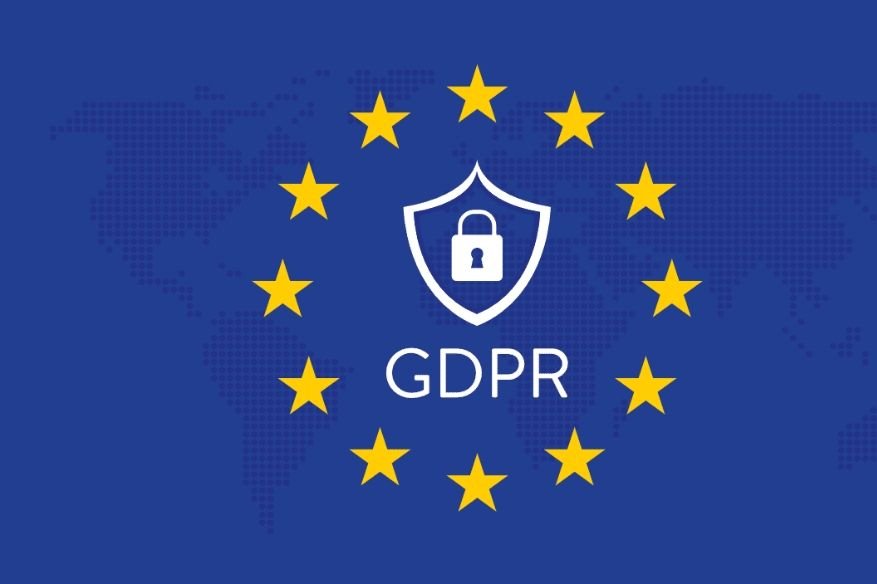Privacy Act: 5 Important GDPR Requirements to Remember

In May 2018, the General Data Protection Regulation (GDPR) was enforced by the European Union (EU) to protect its citizens from the misuse of their personal data. This breakthrough regulation completely changed the way that companies would handle personal data and laid down the GDPR requirements that companies worldwide must follow.
GDPR compliance must strictly be followed by companies that conduct business with EU citizens or organizations. Non-compliance to the General Data Protection Regulation comes with heavy penalties and legal accountabilities. If you’re a company that does business with EU citizens or organizations, here are five important GDPR requirements you must remember:
Personal Data Must Be Stored in a Secure and Organized Manner
The principal idea behind the General Data Protection Regulation is to make sure personal data on the citizens of the EU are safe and secure.
So, one of the GDPR requirements laid down by the regulation is that companies and organizations must safeguard the data they have by implementing appropriate data protection procedures. The regulation also states all personal data acquired by companies must be readily available whenever the owner of the data demands it.
Companies Must Get Consent for Use of Personal Data
The GDPR requirements impose that companies must get the consent of data owners before their personal data can be used for whatever purpose. The consent must be freely given, and data owners must be informed on what data are being taken, how they are being used, and who is using them.
The general data protection regulation classifies personal data as any data or information that can be used to identify a person. This includes names, addresses, IP addresses, and even a form of cookies.
Companies Must Comply With an Owner’s Right to Erasure
The general data protection regulation not only instructs organizations on how to handle personal data but also gives citizens rights on what they can do with the data acquired. One of these rights is the right to erasure.
If companies want to avoid violating GDPR compliance, they must comply with the data owner’s request for erasure. The company’s third-party providers who are using the data must also follow the request.
Companies Must Notify Data Owners of Data Breaches
If a company’s network becomes compromised by malware or a hacker, GDPR requirements state that the company must notify data owners of the breach within 72 hours after the company has become aware of the breach.
This provision ensures that data owners are aware of what is happening to their data and to compel companies to be transparent with data owners on what is happening to their data.
Certain Companies Must Employ a Data Protection Officer
While not all companies are required to have a data protection officer, certain types of companies are mandated by GDPR compliance to have one. Companies that deal with large-scale data on EU citizens or organizations and those that deal with special kinds of personal data are mandated to have a Data Protection Officer (DPO)
GDPR requirements provide certain qualifications for DPOs, like that DPOs must be provided with the resources needed to carry out their responsibilities and that DPOs must report directly to the highest level of company management.
Related Resources: